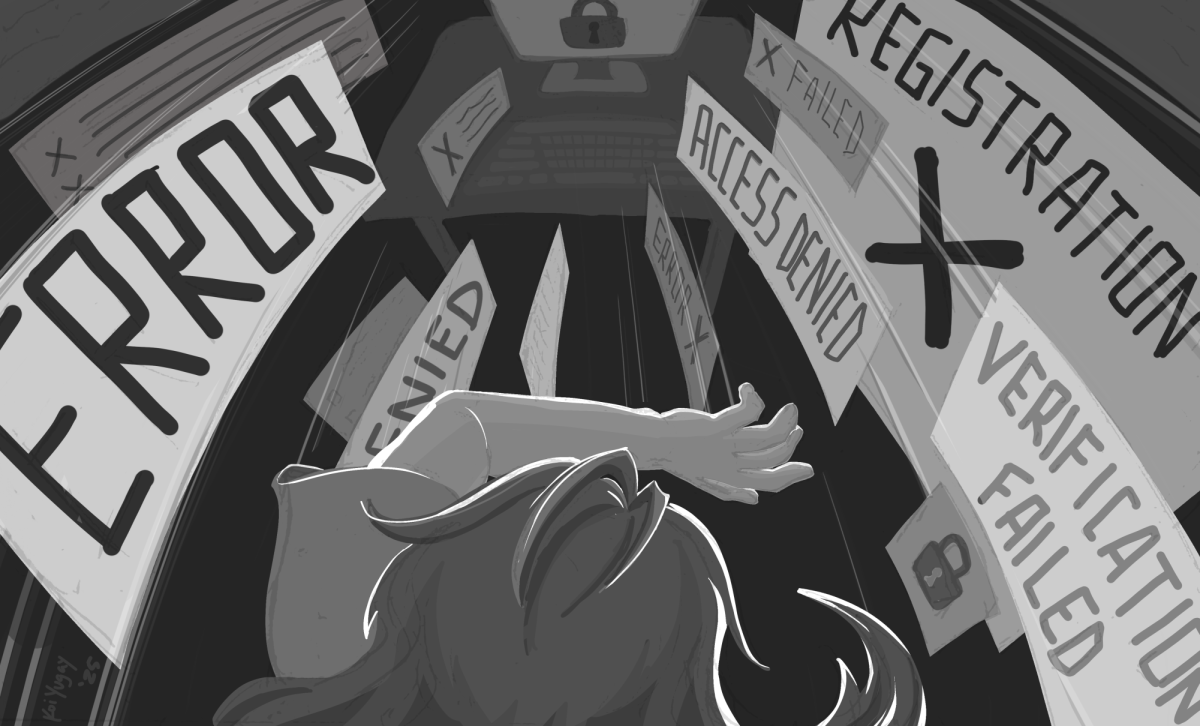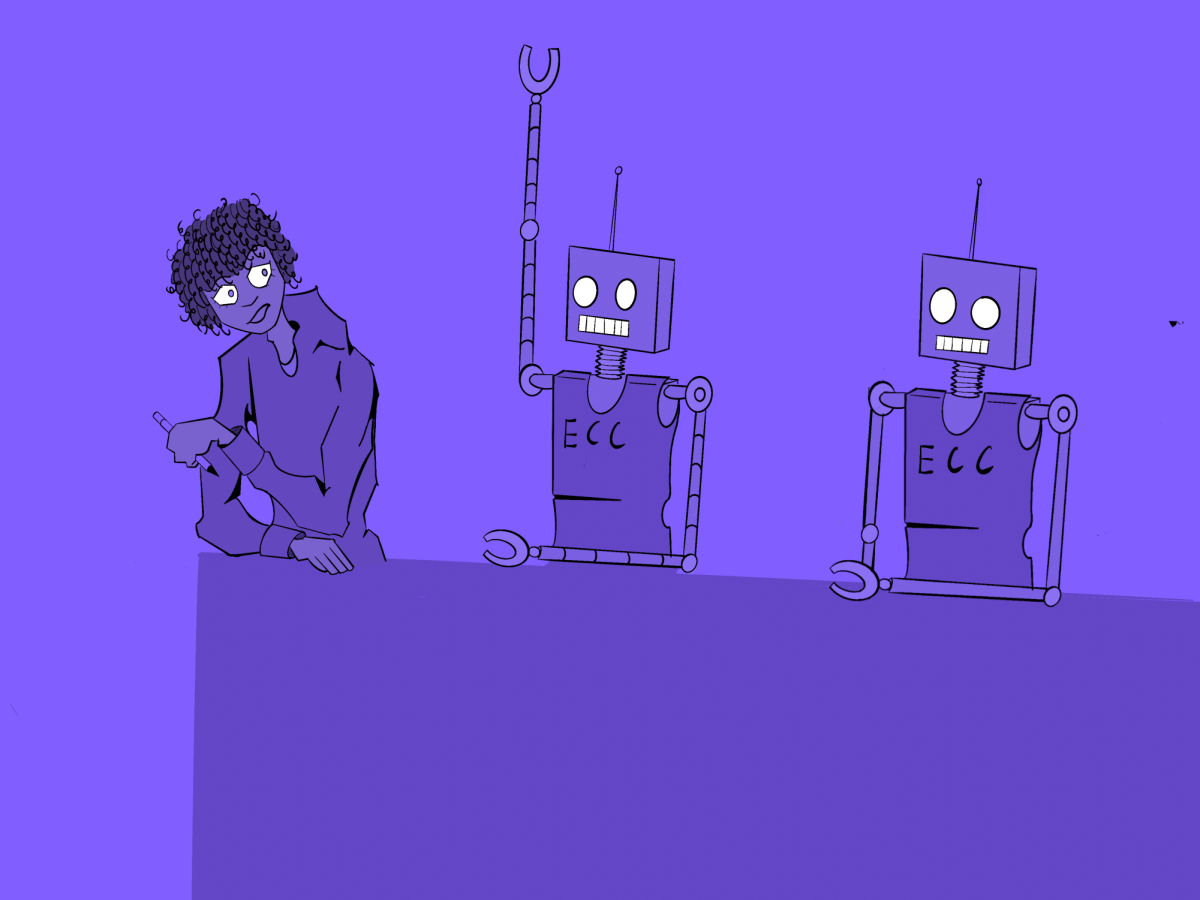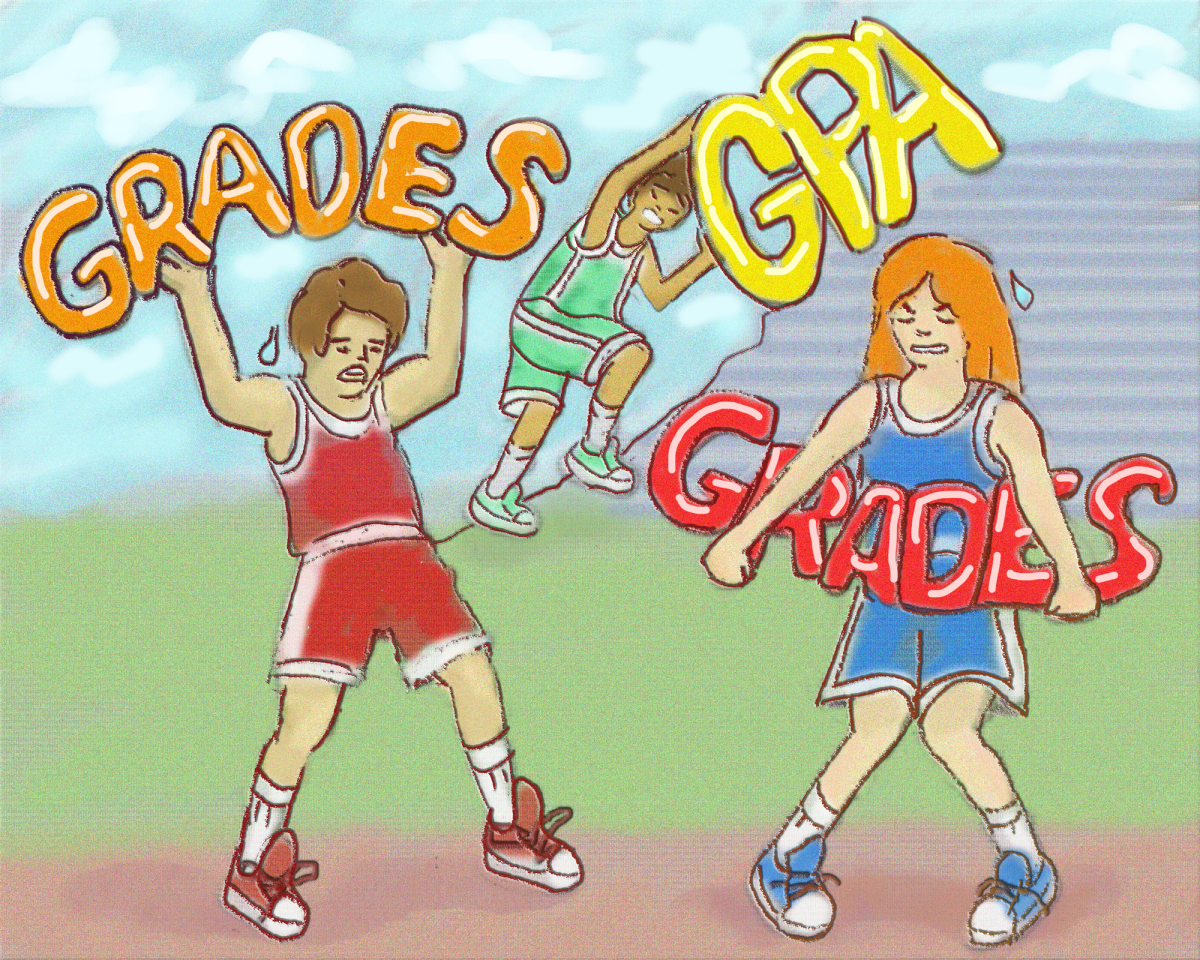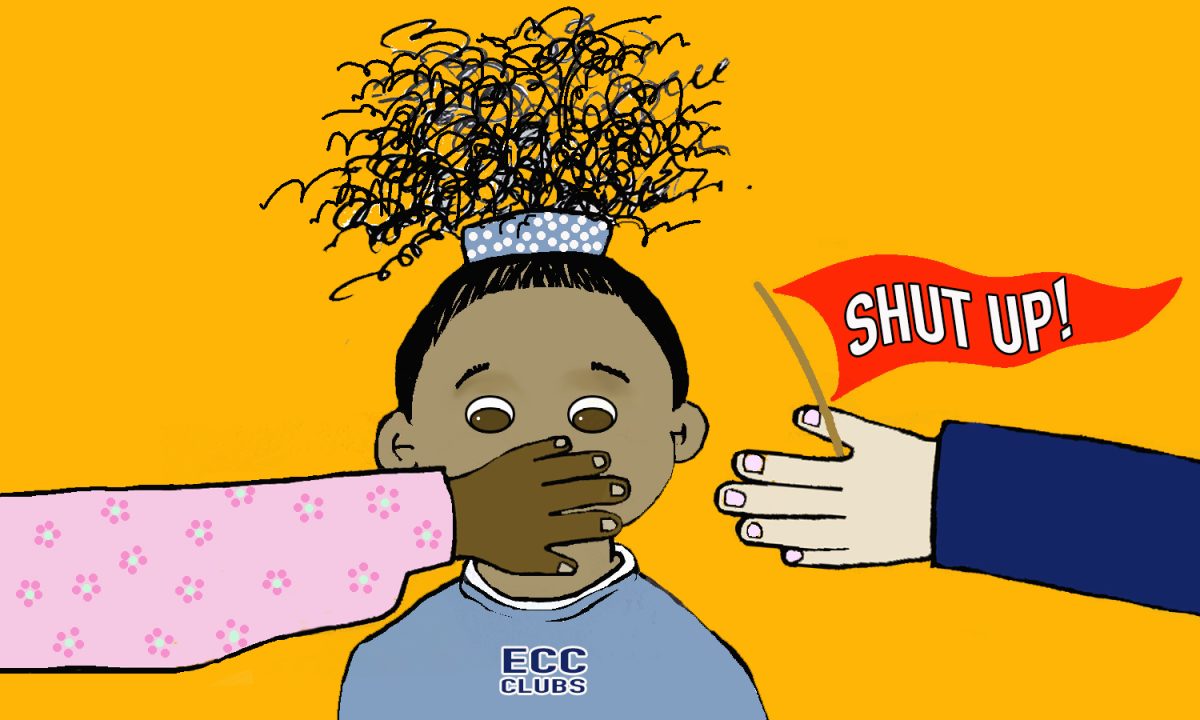Last week the states of New York and California both passed laws that will increase the raise of minimum wage to $15 an hour over the course of the next few years in each respective state.
The current minimum wage in California is $10 an hour and beginning in 2017, California will get a 50 cent raise.
According to an article from The Wall Street Journal, California should have a $15 minimum wage by 2022 and New York should have its by 2021.
But New York City is planned to have $15 by the end of 2018 according to a L.A. Times article.
With these two major states leading the way for higher pay will the rest of nation follow?
The federal minimum wage is $7.25 according to a Wall Street Journal article. If California and New York are trailblazing the way to higher pay and nearly doubling the federal minimum wage, how soon will other states demand to make changes too?
Gov. Jerry Brown believes that the pay increase was “economic justice” for the working people of California. Brown had the support of the majority of labor unions behind him it was no surprise Brown signed the bill.
Brown was against this increase for years but the public voice got to him.
“Economically, minimum wages may not make sense. But that morally and socially and politically, they (minimum wages) make every sense because it binds the community together and makes sure that parents can take care of their kids in a much more satisfactory way,” Brown said in a article from Fortune.
The people have spoken and Brown has heard their call.
What worries me is that our own governor has no confidence in this move economically. I understand that the current state of minimum wages isn’t helping the cost of living in California.
With the incoming increase now just a matter of time, when will we start to see the cost of living and simple services go up?
In an article in Forbes titled “If California’s $15 Minimum Wage Isn’t Going To Reduce Poverty Then Why Bother To Do It?” by Tim Worstall he explains the percentages of what household actually benefit from this increase.
Let me put it this way: it wont be helping low-income households.
Worstall argues that “The trick is that poverty is defined as living in a poor household and it’s nowhere near true at all that all people getting minimum wage live in poor households. Thus the benefits of a minimum wage rise don’t necessarily go to people in poverty.”
He talks about how the minimum distribution isn’t even close to being equal among all households. Also that a low-wage worker and a low-income family have little to no correlation at all.
Here is another instresting fact that Worstall pointed out: Only 12% of California’s $15 an hour minimum wage rise will actually go in higher incomes to people living in poor households.
I am all about having higher pay to take care of families and households but I am not for having policies that are not sound and not effective.
What kind of precedent will California and New York set with these polices?
Policies that look like it won’t help out anyone except the rich.












